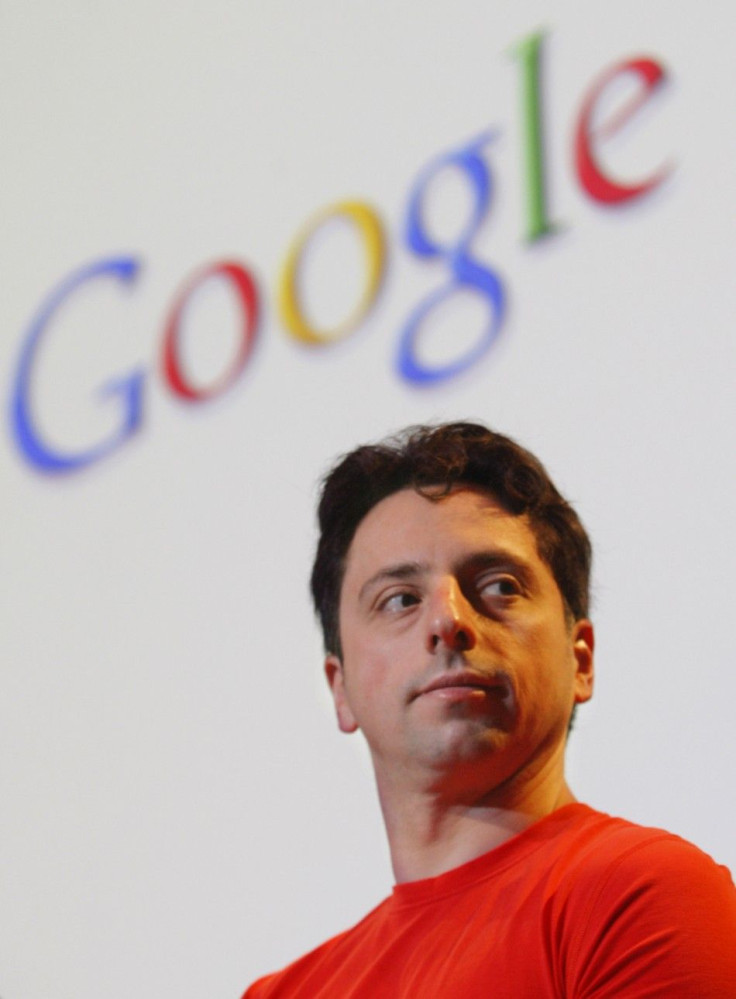Google Privacy Policy: The End of Google as You Know It
Opinion

In an effort to trove more data, collect more information and gain leverage among the data-driven giants of Silicon Valley, Google is ending its reign as the friendly, do-good company it was for the better half of the past decade.
No longer is Google the corporate embodiment of the words Don't Be Evil. The Internet has changed and so has the company. Most important, so has its flagship product--the Google Search Bar.
As Google consolidates 60 of its 70 privacy policies, I suspect that the company's core products will change significantly. The new privacy policy gives Google the ability to monitor activity across all of its services including Google Docs, Gmail, YouTube, and others. They'll monitor each individual user through Google account log-ins.
Sergey Brin, co-founder of Google, prefaced the change at the Web 2.0 Summit in San Francisco, where he talked about the company's new social media service and the long-term strategy of the company.
I think it's very important to understand the strategy behind Google Plus, and the strategy is revealed in the name, said Brin. We chose the smallest modifier we could on Google -- just a plus -- because our goal is not to build something separate and distinct, but to really take the Google service that people love already -- Android, Google Maps, Youtube, Google search -- and really make those properties magical.
Later in the discussion, Brin elaborated on the idea of creating a seamless interaction between Google's services: Some of our products seem scattered, and we definitely have been trying to bring them together, said Brin. In some ways we've always run the company as 'let one thousand flowers bloom,' but once those flowers do bloom, you want to put together a coherent bouquet.
When Google changed its privacy policies last week, the company revisited the notion of blending its products together in a blog post: In short, we can treat you as a single user across all our products, said a Google spokesperson.
The company even made a colorless video explaining the changes.
Instead of over 60 policies for different Google products and features, we're introducing just one with fewer words, simpler explanations and less legal gloop to wade through, says the narrator of the video.
Advertising Age, the marketing and media magazine, suggests that the changes will give Google ample opportunity to raise revenue from advertising:
[The policy changes] also creates more raw material for Google's sole business model: advertising. Marketers could tap into YouTube browsing histories when targeting search ads on Google.com, for example, or recommend golfing-instruction videos to a signed-in YouTube user who's recently searched for golf on Google.com. Better recommendations leading users to more-relevant content will presumably keep them inside the Google ecosystem longer and potentially help Google begin to catch up to Facebook in terms of time spent lingering on their respective sites, says AdAge.
Google's privacy policy consolidation mirrors what the company is trying to do with all of its products: The company is slowly beginning to integrate all of its products into each other.
When the Google Search Bar was fused with the company's new social network, Google Plus, about two weeks ago, users revolted. Several people complained on blogs and forums including tech columnist MG Siegler:
I'm going to go ahead and make a prediction: this does not end well for Google. I'm not saying Google falls as a result of this mistake - that would be foolish, they're too big to fail anytime soon - but I do think that over an extended period of time, whether users consciously realize it or not, they'll start looking elsewhere for their information needs because Google has strayed from their foundation, said MG Siegler.
Siegler wasn't the only person to villainize Google for Search Plus Your World. Engineers from Facebook, Twitter and Myspace created a bookmarklet in order to fix Google results to show what they consider more relevant social media links.
By consolidating its privacy policies and altering its core product, Google has separated itself from the reason everyone loved it: It was simply the world's greatest search engine. Now, it's just another search bar. When we say, Why don't you Google it? ten years from now, it will not hold the same meaning it has for the past 15 years.
Google products will continue to bleed into each other now that the privacy policies have changed. There will be a much freer exchange of information between Google products.
The Google Search Bar will, I suspect, continue to be injected with results from other services that the company provides. Because Google has tampered with its flagship product, the friendly do-good company we all knew and loved, is essentially dead. Prepare for the end of Google as you know it.
MUST READ: Super Bowl Sunday 2012 - Samsung Galaxy Note to Make a Splash But Is it Enough?
MUST READ: Galaxy Note Gets Feb. 19 Release Date - Should iPhone 4S be Afraid?
© Copyright IBTimes 2025. All rights reserved.





















